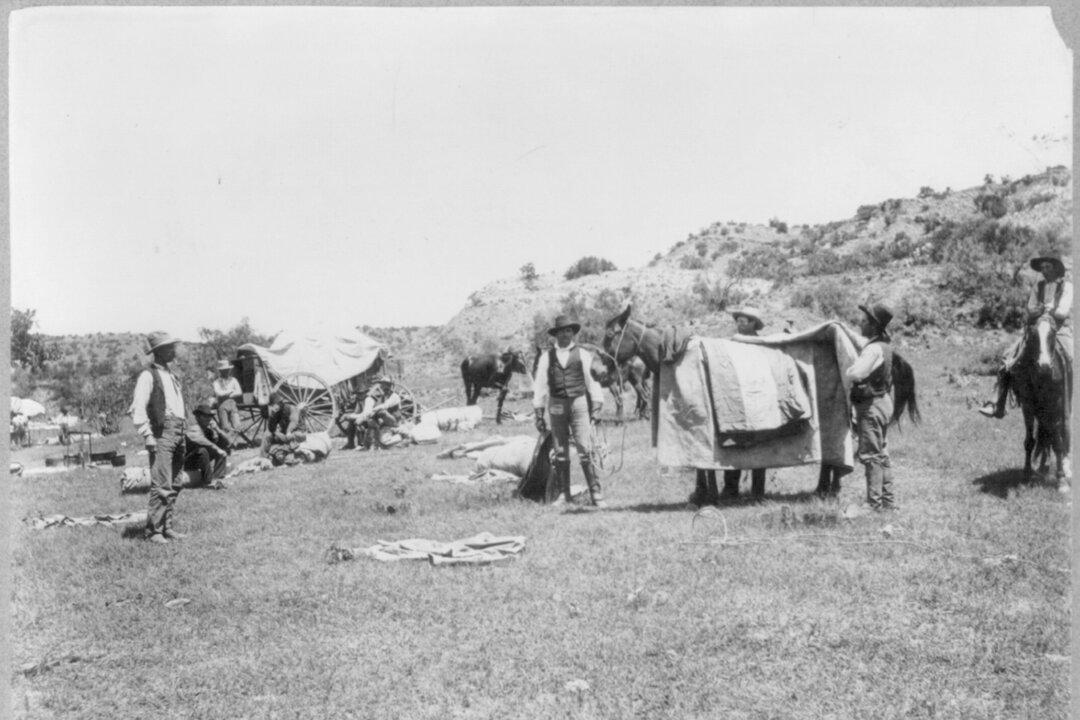Commentary
A society that forgets how to carry its own weight won’t stay free for long—and America is dangerously close to proving that true.

A society that forgets how to carry its own weight won’t stay free for long—and America is dangerously close to proving that true.